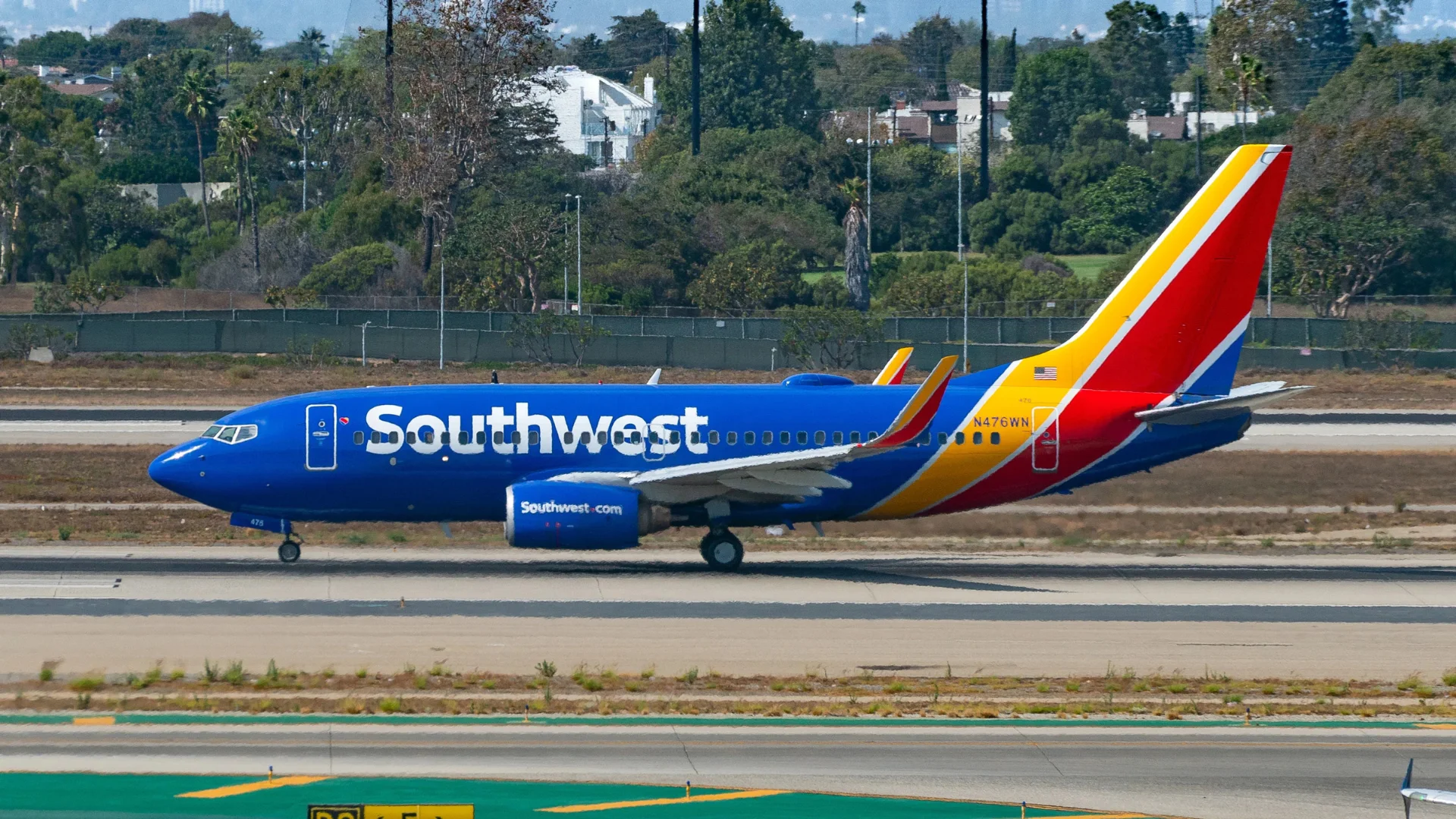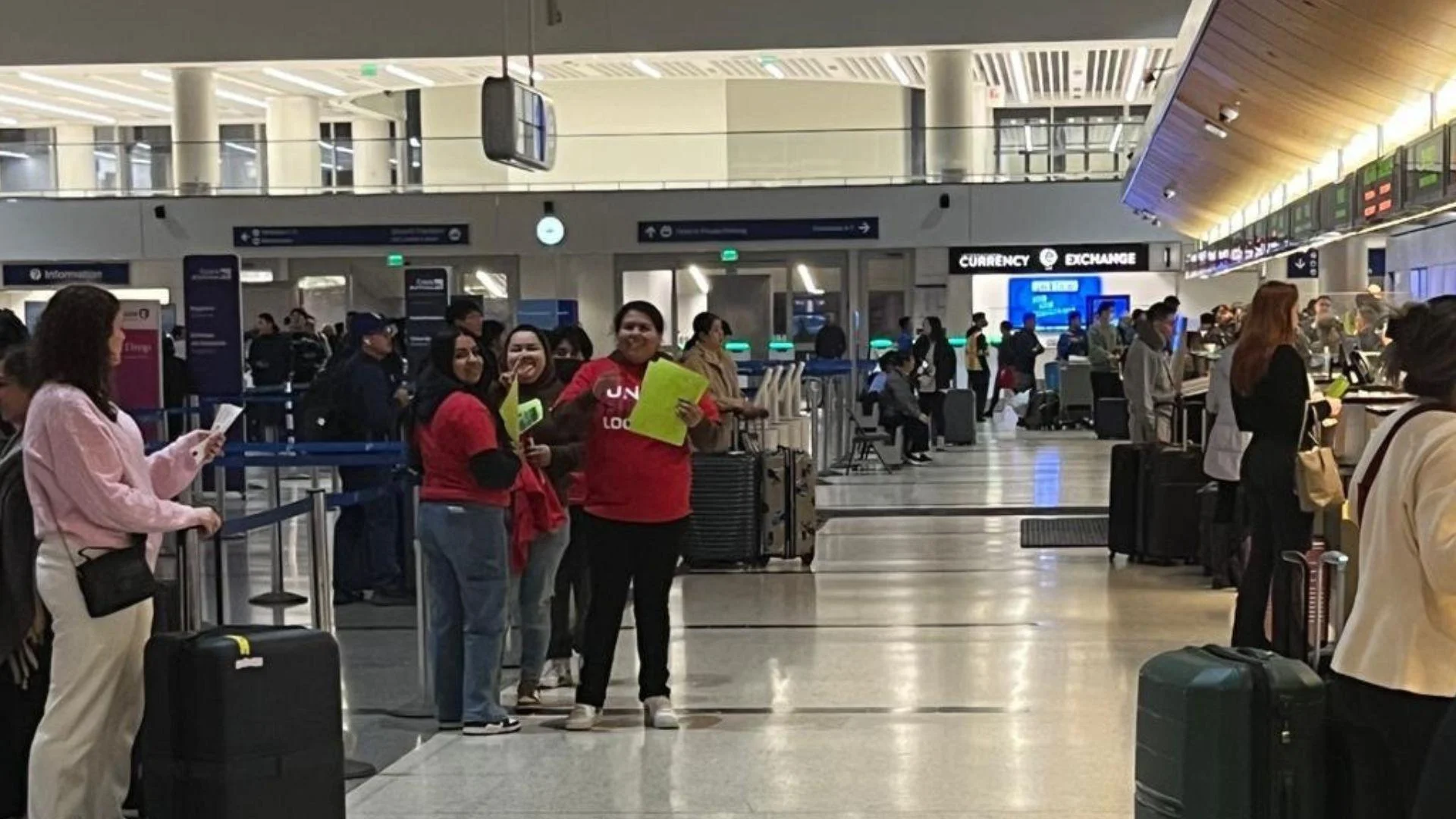However, industry trends and customer preferences have shifted over time. Last year, Southwest announced it would adopt assigned seating through four new fare bundles: Basic, Choice, Choice Preferred, and Choice Extra. Basic passengers will receive automatically assigned seats or can pay extra for selection; higher fare tiers include more options such as front-row or extra-legroom seats.
According to the airline’s data, most customers prefer having an assigned seat. Tony Roach, Executive Vice President of Customer & Brand at Southwest said, “Our customers want more choice and greater control over their travel experience.” This adjustment comes as Southwest faces increasing pressure from activist investor Elliott Investment Management. The hedge fund has called for significant changes in leadership and strategy to improve financial performance.
For nearly five decades—from 1973 through 2019—Southwest reported annual profits each year. But operational disruptions during the 2022 holiday season resulted in over $1 billion in losses after more than 15,000 flights were canceled due to severe weather and outdated scheduling systems. The U.S. Department of Transportation later issued a record $140 million fine against the airline for consumer violations (https://www.transportation.gov/briefing-room/dot31123).
In mid-2024, Elliott Investment Management acquired more than 10% of Southwest shares (https://www.cnbc.com/2024/06/10/southwest-airlines-stock-jumps-after-elliott-discloses-stake.html), becoming one of its largest stakeholders and pushing for changes at board level.
The transition away from open seating is only one aspect of broader reforms at Southwest. The airline is also introducing premium seating options—including extra legroom seats—linked to higher-tier fares. A new boarding process with eight groups based on fare category and loyalty status will replace the previous three-group system.
Additionally, Southwest is rolling back its free checked bag policy for most fare types—a feature that had set it apart from competitors—and reducing Rapid Rewards points earned on cheaper tickets (https://thepointsguy.com/news/southwest-rapid-rewards-changes-april-2024/). Only certain premium fares or loyalty members will continue receiving complimentary baggage allowances.
These measures are intended to increase revenue amid competition from both legacy carriers and low-cost rivals. In March, executives projected these initiatives would generate $800 million in additional earnings before interest and taxes this year and $1.7 billion by 2026 (https://www.reuters.com/business/aerospace-defense/southwest-airlines-targets-extra-17-bln-profit-by-2026-fare-bundles-2024-03-13/).
Not all stakeholders support these shifts. After Elliott’s involvement became public last year, employees and loyal customers expressed concerns about changes affecting jobs and company culture (https://apnews.com/article/southwest-airlines-layoffs-investor-board-changes-ee077d7cdd05f0a8db46e3fa40b430de). A petition circulated online criticized the influence of outside investors and warned about potential job cuts; earlier this year the company announced layoffs—the first in its history.
Southwest's transformation remains ongoing with fleet retrofits scheduled into early 2026. As it seeks improved financial results under investor scrutiny while managing employee unrest and customer dissatisfaction over policy changes, much depends on how travelers respond in coming months.
The Dallas-based carrier now operates with policies similar to other major airlines rather than those that once defined its brand identity.
 Alerts Sign-up
Alerts Sign-up




































